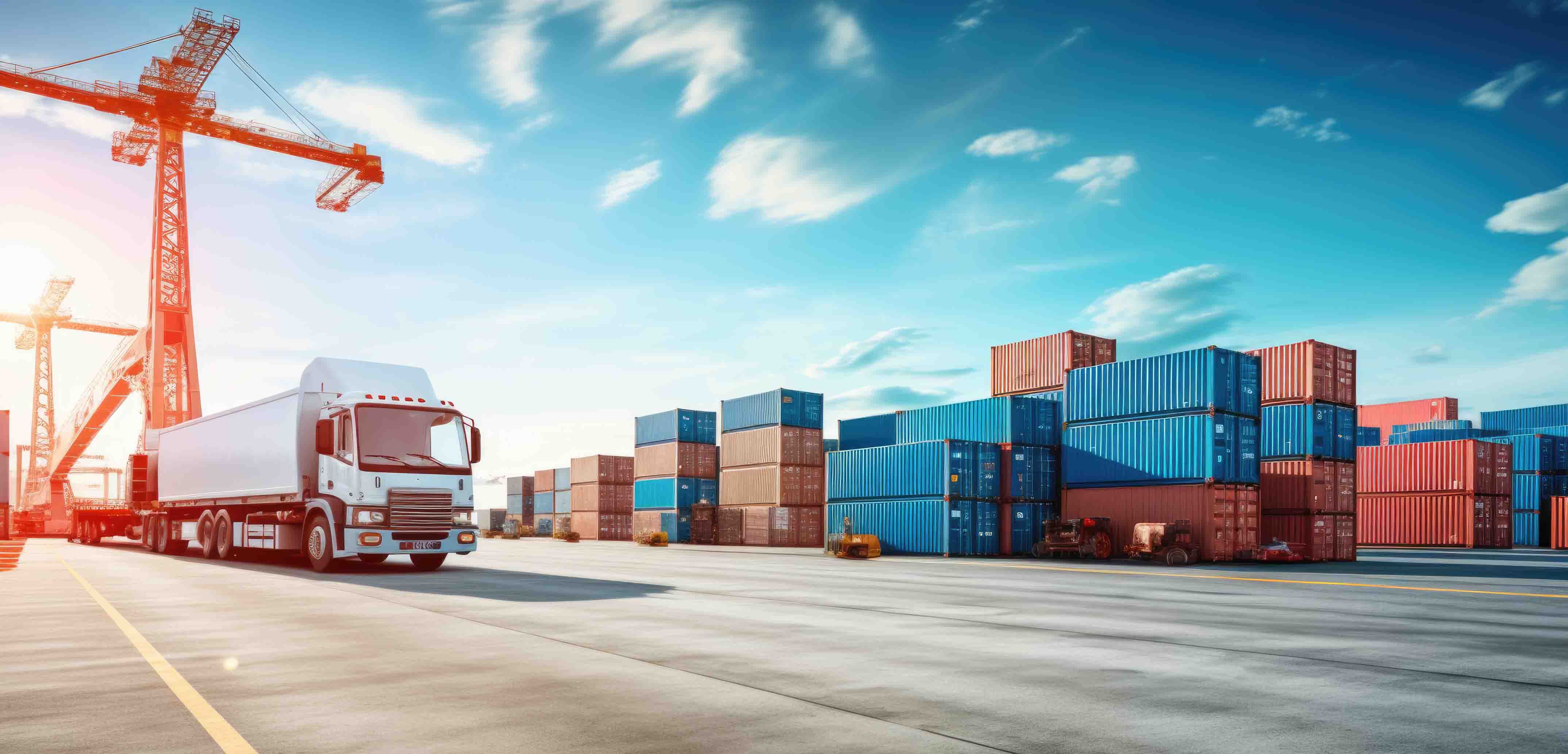
Logistics and IT: How Technology Drives Efficiency
Logistics and IT: How Technology Drives Efficiency
In the fast-paced world of logistics, the race to enhance efficiency and reduce costs is relentless. As businesses strive to keep up with the demands of globalization and e-commerce, technology has emerged as a game-changer. The intersection of logistics and IT is reshaping how goods are transported, stored, and delivered, offering unparalleled efficiency and accuracy. Let’s delve into how technology is revolutionizing the logistics sector, driving efficiency to new heights.
The Digital Transformation of Logistics
Automated Warehousing: Gone are the days of manually managing inventory. Today, automated warehousing solutions, powered by advanced robotics and AI, are taking the logistics industry by storm. Automated Guided Vehicles (AGVs) and Autonomous Mobile Robots (AMRs) streamline the picking and packing processes, reducing human error and significantly cutting down on time. Companies like Amazon have set benchmarks with their use of robotics, enhancing their order fulfillment efficiency and accuracy.
Real-Time Tracking and Visibility: One of the most significant advancements in logistics is real-time tracking. With the advent of GPS and IoT, companies can now track their shipments in real-time, providing customers with up-to-the-minute updates on their orders. This transparency builds trust and allows companies to preemptively address potential issues, such as delays or rerouting due to unforeseen circumstances.
Route Optimization: Efficient route planning is crucial for timely deliveries and cost savings. Advanced algorithms and machine learning enable logistics companies to optimize routes, taking into account traffic patterns, weather conditions, and other variables. This not only ensures faster deliveries but also reduces fuel consumption and operational costs. Companies like UPS and FedEx have harnessed the power of route optimization to maintain their competitive edge.
Blockchain for Enhanced Security: Security is a paramount concern in logistics, especially when dealing with sensitive or high-value goods. Blockchain technology offers a decentralized and immutable ledger that enhances the security and transparency of transactions. By using blockchain, logistics companies can reduce fraud, ensure the authenticity of goods, and maintain a clear audit trail. This is particularly beneficial in industries such as pharmaceuticals and food, where traceability is crucial.
Enhancing Efficiency with IT Solutions
Transportation Management Systems (TMS):A robust Transportation Management System (TMS) is essential for any logistics operation. TMS software helps manage and optimize the daily operations of transportation fleets. By integrating with other systems, such as Warehouse Management Systems (WMS) and Enterprise Resource Planning (ERP) software, TMS provides a comprehensive view of the entire supply chain. This integration leads to improved planning, reduced costs, and enhanced customer satisfaction.
Predictive Analytics: Predictive analytics leverages big data to forecast future trends and demands. In logistics, this means anticipating peak periods, optimizing inventory levels, and managing risks more effectively. By analyzing historical data, companies can make informed decisions, reducing the likelihood of stockouts or overstocking. This proactive approach is key to maintaining efficiency and staying ahead of the competition.
Cloud Computing: Cloud computing has transformed how logistics companies manage their operations. By moving to the cloud, companies can access their data and systems from anywhere, facilitating better collaboration and decision-making. Cloud-based solutions also offer scalability, allowing businesses to adjust their resources based on demand. This flexibility is particularly beneficial for handling the fluctuations common in the logistics industry.
Artificial Intelligence (AI) and Machine Learning: AI and machine learning are at the forefront of logistics innovation. From automating routine tasks to providing intelligent insights, these technologies are driving significant improvements in efficiency. AI-powered chatbots enhance customer service by handling inquiries and providing real-time information, while machine learning algorithms optimize supply chain processes, predicting and mitigating potential disruptions.
The Future of Logistics and IT
The synergy between logistics and IT is only set to grow stronger. As technologies continue to evolve, we can expect even greater advancements in efficiency, sustainability, and customer satisfaction. Innovations such as autonomous vehicles, drone deliveries, and advanced robotics will further revolutionize the industry, making logistics operations faster, safer, and more reliable.
In conclusion, the integration of IT in logistics is transforming the sector, driving efficiency through automation, real-time tracking, and intelligent systems. By embracing these technological advancements, logistics companies can enhance their operational efficiency, reduce costs, and deliver superior customer experiences. As the digital landscape continues to evolve, staying ahead of these trends will be crucial for maintaining a competitive edge in the ever-changing logistics industry.